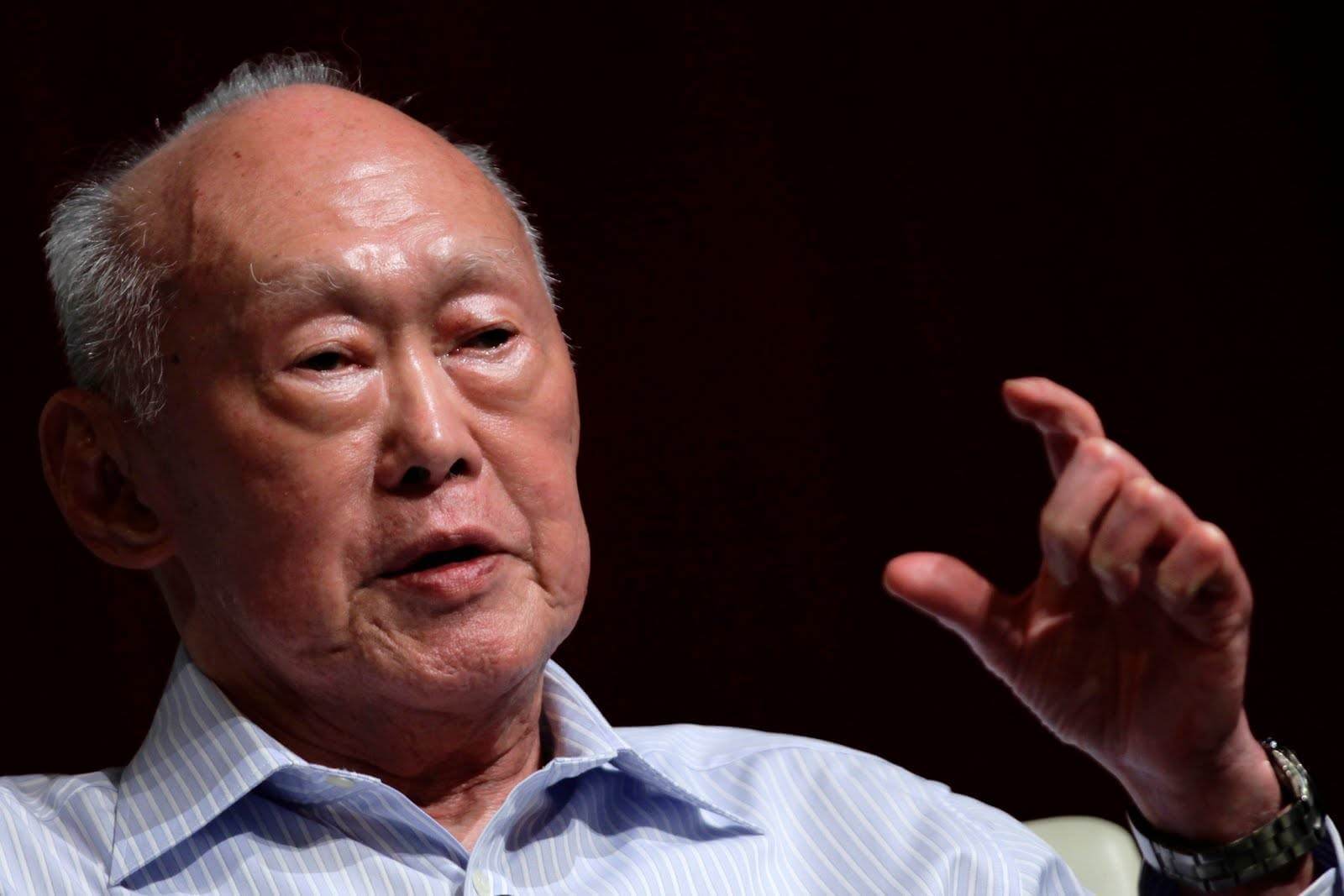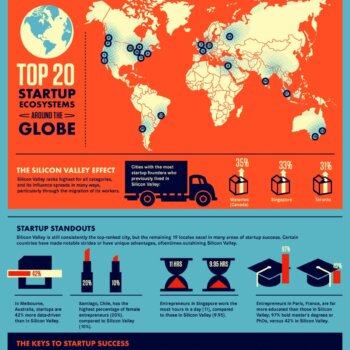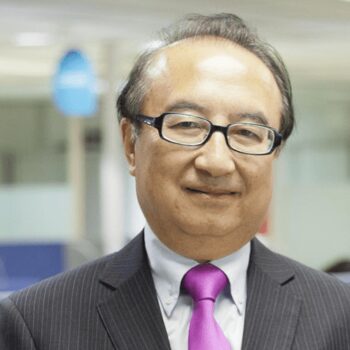We take it for granted that material and accounts that provide priceless outsiders’ perspectives on the Philippines are so readily available for all to learn from but forget (1) how books are prohibitively expensive to most Filipinos and (2) how most Filipinos lack any inclination to read books to begin with. So it is worth at least sharing some of the choicest insights on Filipinos written by some of the greatest minds of modern times. One such great mind is that of Lee Kuan Yew.
As Prime Minister of Singapore, Lee Kuan Yew (LKY) stared down the likes of Bobby Ongpin, Cesar Virata, and even then President Ferdinand Marcos himself. Such episodes came to light in the aftermath of the assassination of Benigno “Ninoy” Aquino Jr in 1983 which, as most crises do, provides real tests of true leadership. LKY recounts his experience dealing with Marcos and his lieutenants during these difficult times in the Philippines in his book From Third World to First: The Singapore Story.
On then President Ferdinand Marcos who in a one-on-one meeting in Brunei in 1984, gave LKY an account of Ninoy Aquino’s assassination that the Singaporean leader described as “most improbable”:
“Singapore banks had lent US$8 billion of the US$25 billion owing. The hard fact was they were not likely to get repayment for some 20 years. He countered that it would be only eight years. I said the bankers wanted to see a strong leader in the Philippines who could restore stability, and the Americans hoped the election in May would throw up someone who could be such a leader. I asked whom he would nominate for the election. He said Prime Minister Cesar Virata. I was blunt. Virata was a nonstarter, a first-class administrator but no political leader; further, his most politically astute colleague, defense minister Juan Ponce Enrile, was out of favour. Marcos was silent, then he admitted that succession was the nub of the problem. If he could find a successor, there would be a solution. As I left, he said, “You are a true friend.” I did not understand him. It was a strange meeting.”
On then Trade Minister Roberto “Bobby” Ongpin who met with LKY as the Philippines reeled from a funding embargo implemented by foreign governments outraged by the assassination of Ninoy Aquino:
“[Marcos] sent his minister for trade and industry, Bobby Ongpin, to ask me for a loan of US$300-500 million to meet the interest payments. I looked him straight in the eye and said, “We will never see that money back.” Moreover, I added, everyone knew that Marcos was seriously ill and under constant medication for a wasting disease. What was needed was a strong, healthy leader, not more loans.
On then “Prime Minister” Cesar Virata who met with LKY to assure him that the Philippine Government was working on a succession plan as Marcos’s health fast deteriorated. Cesar Virata met me in Singapore in January the following year. He was completely guileless, a political innocent.”
One wonders what Lee Kuan Yew would have written about the presidents who came to power in the Philippines after Marcos’s ouster in 1986.
Then again it does not take much of an imagination to picture how small many of them would look before the sort of leader that LKY is, and all of the others who can engage in intelligent dialogue with their peers in world leadership on an equal footing. Filipino leaders indeed so mirror the people who selected them.
produced by GetRealPhilippines.see more.





























